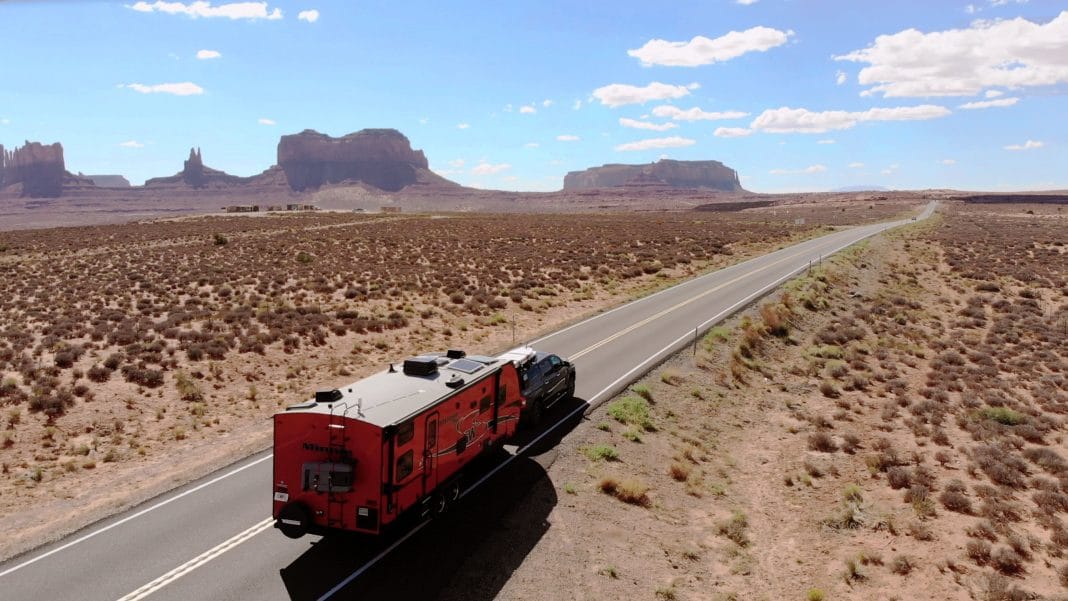The California legislature passed legislation (A.B. 1058) that would
allow state regulators to limit “greenhouse gases,” including carbon
dioxide (CO2) emissions from noncommercial cars, SUVs and light trucks.
The bill now awaits the Assembly’s concurrence to Senate amendments and
the governor’s approval.
The measure would direct the California Air Resources Board (CARB)
to regulate greenhouse gas emissions from vehicles to achieve the
maximum feasible and cost-effective reduction. Senate amendments to the
bill allow for alternative methods of compliance and emissions-reduction
credits, but prohibit CARB from mandating trip-reduction measures or
banning the sale of any vehicle category.
If passed into law, A.B. 1058 could end up requiring automakers to
construct “California-only” vehicles. It may also effectively eliminate
categories of vehicles such as large trucks and SUVs from sale in the
state because they release comparatively more CO2 and such into the air.
At a minimum, the new standard would make these vehicles much more
expensive to purchase and maintain.
Other possible results could include increased gasoline taxes, new
“vehicle use” taxes and possibly even in-use testing standards for
older vehicles. Finally, depending upon how the standard is implemented
and enforced, the standard could indirectly affect the sale and use of
myriad automotive products that increase power.
If signed into law, new rules to limit greenhouse gases would be
adopted and implemented to take effect in the 2008 model year.


